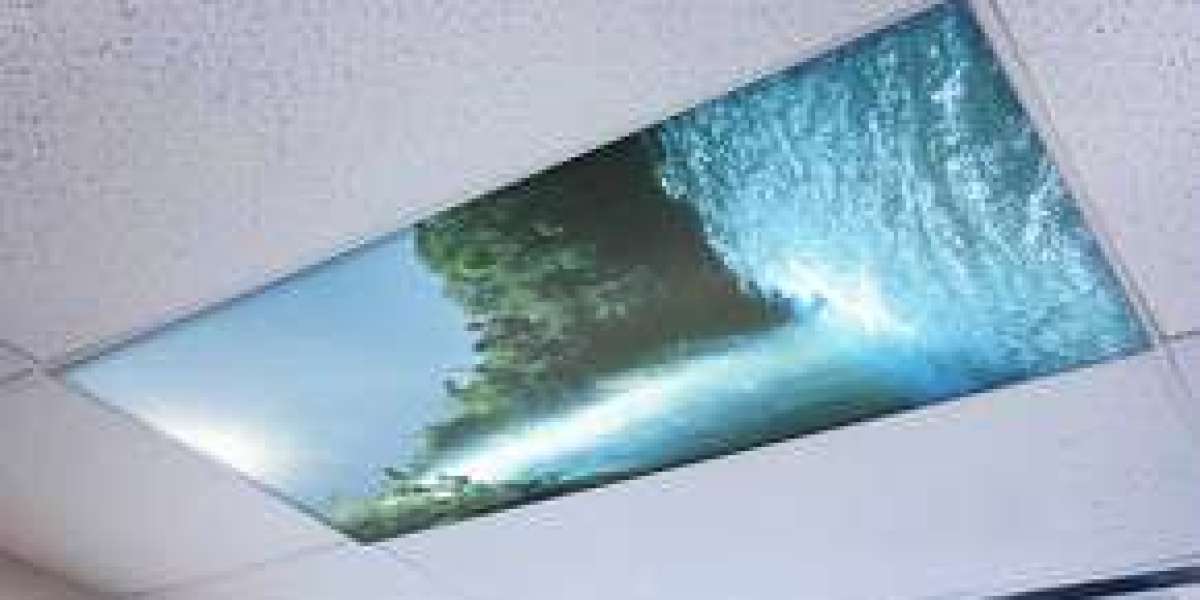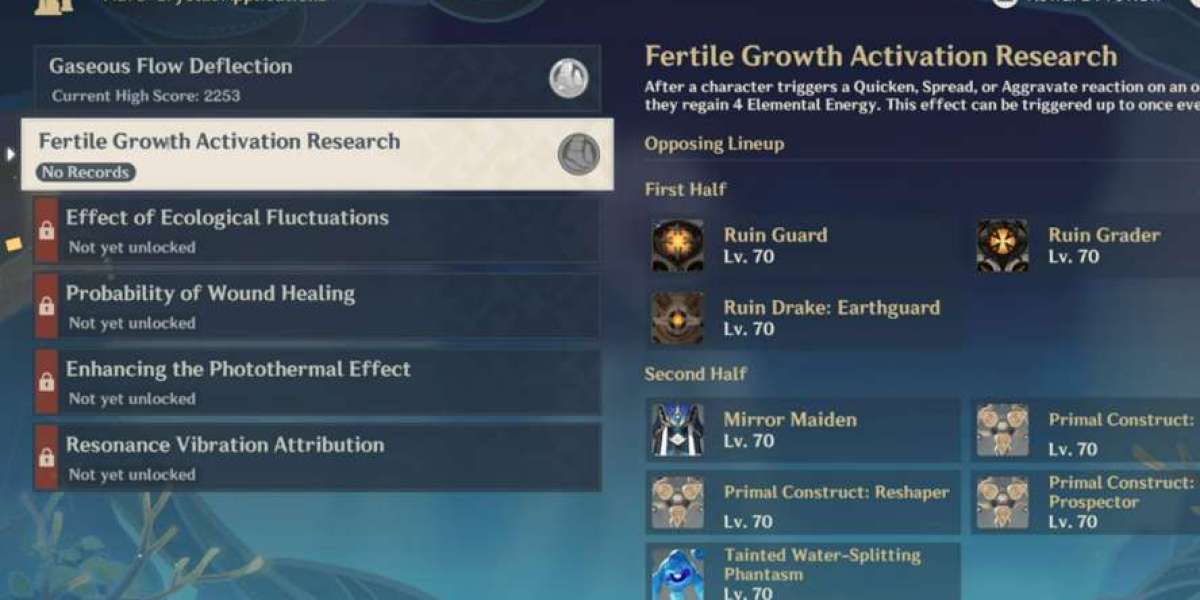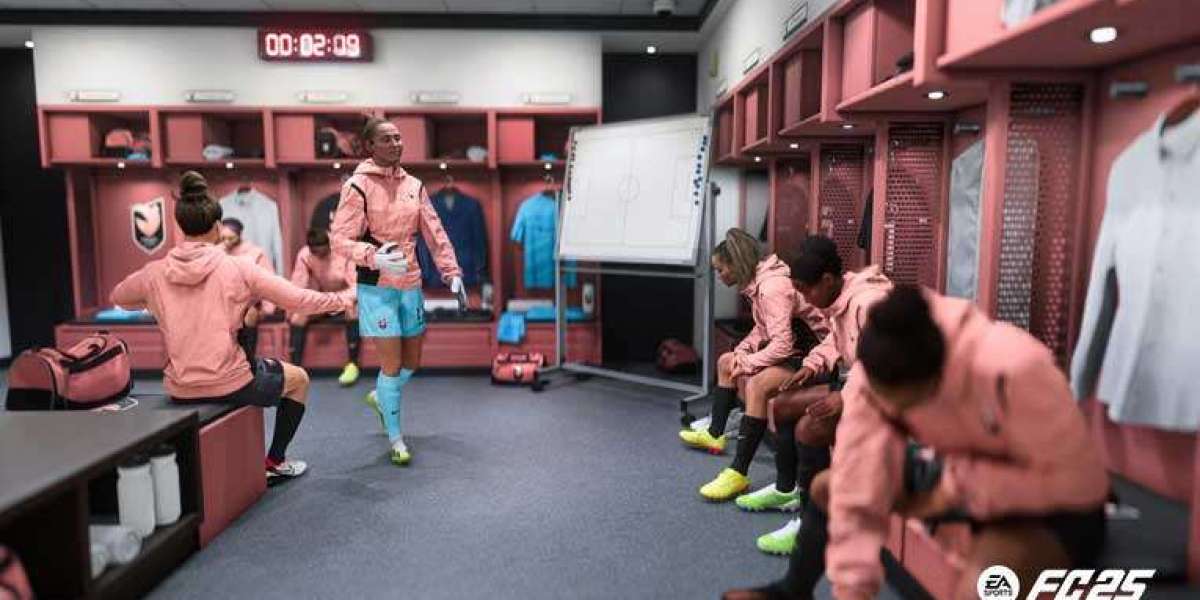Egg crate fluorescent light covers are popular for their ability to diffuse light and reduce glare. However, like any lighting accessory, they can experience some common issues over time. Identifying these issues early can help you address them before they impact the performance of your lighting system. Below are some of the most frequent problems with egg crate fluorescent light covers, along with potential solutions.
Yellowing or Discoloration
One of the most common issues with egg crate fluorescent light covers is yellowing or discoloration. Over time, exposure to UV light, dust, and general wear can cause the cover to lose its clarity and turn yellow. This can negatively affect the appearance of your space and the diffusion of light.
Solution:
To prevent yellowing, choose high-quality egg crate covers made from UV-resistant materials, such as polycarbonate or acrylic. Regularly clean the cover with a soft cloth and a gentle cleaning solution to prevent the buildup of dirt and grime, which can accelerate discoloration. If yellowing persists, replacing the cover with a new one may be necessary for optimal lighting and aesthetics.
Cracking or Fragility
Egg crate fluorescent light covers can become brittle or crack over time, especially if they are made from lower-quality materials. This issue is often caused by physical impacts, temperature fluctuations, or age.
Solution:
To avoid cracking, choose a durable cover made from high-impact plastic like polycarbonate, which is more resistant to damage. When cleaning or handling the cover, use care to prevent unnecessary stress. If the cover is already cracked or fragile, it is best to replace it to ensure the light fixture remains protected and continues to function properly.
Dust and Dirt Accumulation
Egg crate covers are designed with a grid pattern, which can sometimes trap dust, dirt, and other particles. Over time, this accumulation can reduce the effectiveness of the cover by blocking light diffusion and making the light appear dimmer.
Solution:
Regularly clean the egg crate cover to keep it free from dust and dirt. Use a vacuum cleaner with a brush attachment or a microfiber cloth to gently remove debris. For more thorough cleaning, you can remove the cover from the fixture and wash it with mild soap and water. Always allow the cover to dry completely before reinstalling it.
Poor Light Diffusion
Sometimes, egg crate fluorescent light covers may not diffuse light evenly, leading to uneven lighting or harsh shadows in the space. This can occur if the cover is damaged, dirty, or if the grid pattern is too coarse.
Solution:
Ensure that the egg crate cover is clean and free from dirt that may obstruct light. If the cover is damaged, consider replacing it with a new one. Choose an egg crate cover with a fine grid pattern for better light diffusion. If you still experience uneven lighting, consider adding a secondary light diffuser or adjusting the position of your light fixture to achieve more balanced illumination.
Difficult Installation or Removal
Egg crate covers can sometimes be difficult to install or remove, especially if they are not designed for easy access. This can be frustrating when it's time to clean or replace the cover.
Solution:
When purchasing a new egg crate cover, look for one that is designed with easy installation and removal in mind. Some covers feature snap-in or clip-on systems that make the process quicker and simpler. If your existing cover is difficult to remove, try using gentle force or consult the manufacturer's instructions for proper removal techniques.
Conclusion
Egg crate fluorescent light covers are an effective solution for diffusing light and reducing glare. However, like any fixture, they can encounter common issues such as yellowing, cracking, dust accumulation, poor light diffusion, or installation difficulties. By regularly cleaning the cover, choosing durable materials, and ensuring proper installation, you can resolve these issues and maintain the performance of your fluorescent light fixtures. If problems persist, replacing the cover with a new one is often the best solution.








